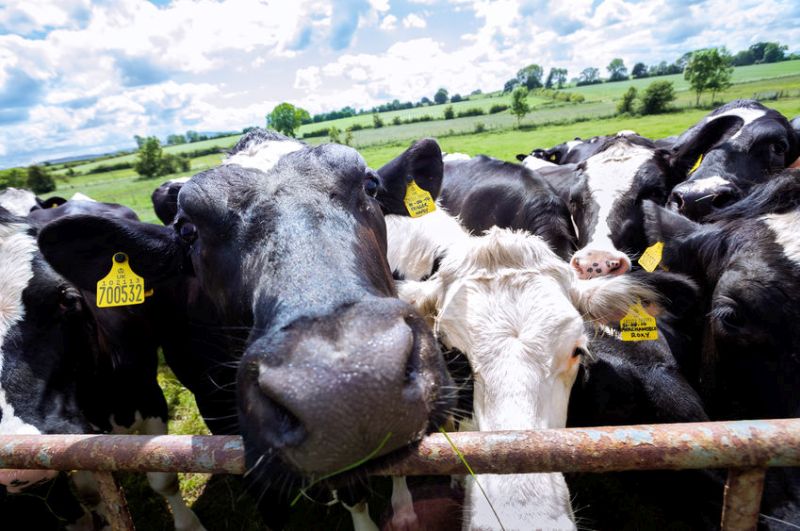
A new test to identify TB infection more quickly in animals post-mortem has been rolled out, the Animal and Plant Health Agency has announced.
APHA has now validated a new PCR test which can detect the bacterium responsible for bovine TB directly from tissue samples collected at post-mortem inspection.
Over 27,000 cattle in England have had to be slaughtered in the last year to tackle bovine TB, at a cost of around £100 million.
The new test method will reduce the time taken for laboratories to report results to livestock keepers from up to 22 weeks to just three weeks.
This means in certain situations, if the PCR test results are negative, APHA will be able to lift herd movement restrictions much sooner than existing protocols allow.
Currently the main method of confirming TB infection is traditional microbiological culture, which involves growing the bacterium in a laboratory from tissue samples.
This process can take up to 22 weeks for results to be obtained and for farmers to be informed if restrictions remain or are to be lifted.
The new test will allow APHA to detect cases of bTB earlier, with the agency saying it will "help stop the spread of this insidious disease to other farms".
Initially, the new PCR test will replace microbiological culture for tissue samples collected from TB slaughterhouse cases in cattle and non-bovines.
It will also include non-bovine animals such as goats, pigs and camelids that are removed as TB test reactors, direct contacts or clinical TB suspects, and cases where TB lesions are identified on post-mortem examination in a veterinary laboratory.
Welcoming the launch, UK chief veterinary officer Christine Middlemiss said: “Fast and reliable testing is essential in halting the spread of this insidious disease in animals.
“This new PCR test ensures APHA can continue its vital role in detecting disease on farms and it will be welcome news for livestock farmers greatly impacted by this disease.”
